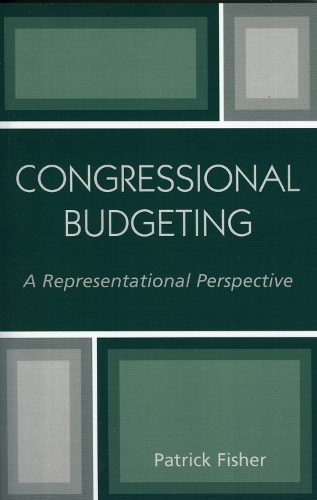
Congressional Budgeting: A Representational Perspective
(Paperback)
Publishing Details
Congressional Budgeting: A Representational Perspective
By (Author) Patrick Fisher
University Press of America
University Press of America
10th January 2005
United States
Classifications
General
Non Fiction
Central / national / federal government
352.48
Physical Properties
Paperback
194
Width 141mm, Height 214mm, Spine 15mm
254g
Description
In Congressional Budgeting, Patrick Fisher analyzes the problems inherent in the congressional budget process, and studies why congress makes the budgetary decisions that it does. In their desire to limit the "tyranny of the majority," the framers of the Constitution designed a legislature that would be constrained and deliberate. While the institutional structure of Congress (i.e. bicameralism and the committee system) and American government in general (i.e. separation of powers) make the budget process more difficult, it does not make producing a sensible budget impossible.
Fisher argues that it is the representational nature of Congress that makes budgeting such a flawed process. Budgeting requires Congress to compromise parochial interests for the well being of the entire nation, focusing on macro-level budget decisions. It is the parochial nature of congressional budgeting that is key to understanding the predicament Congress confronts when budgeting.
Author Bio
Patrick Fisher holds a Ph.D. from Washington State University. He is Assistant Professor in the Department of Political Science at Seton Hall University.
